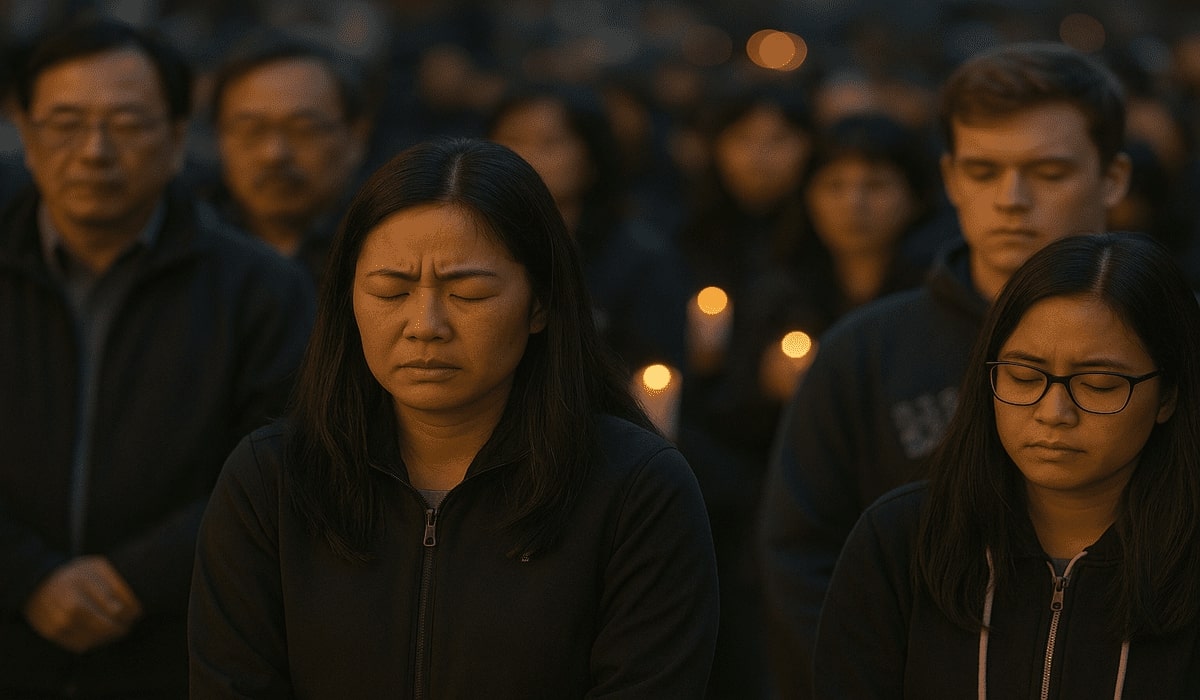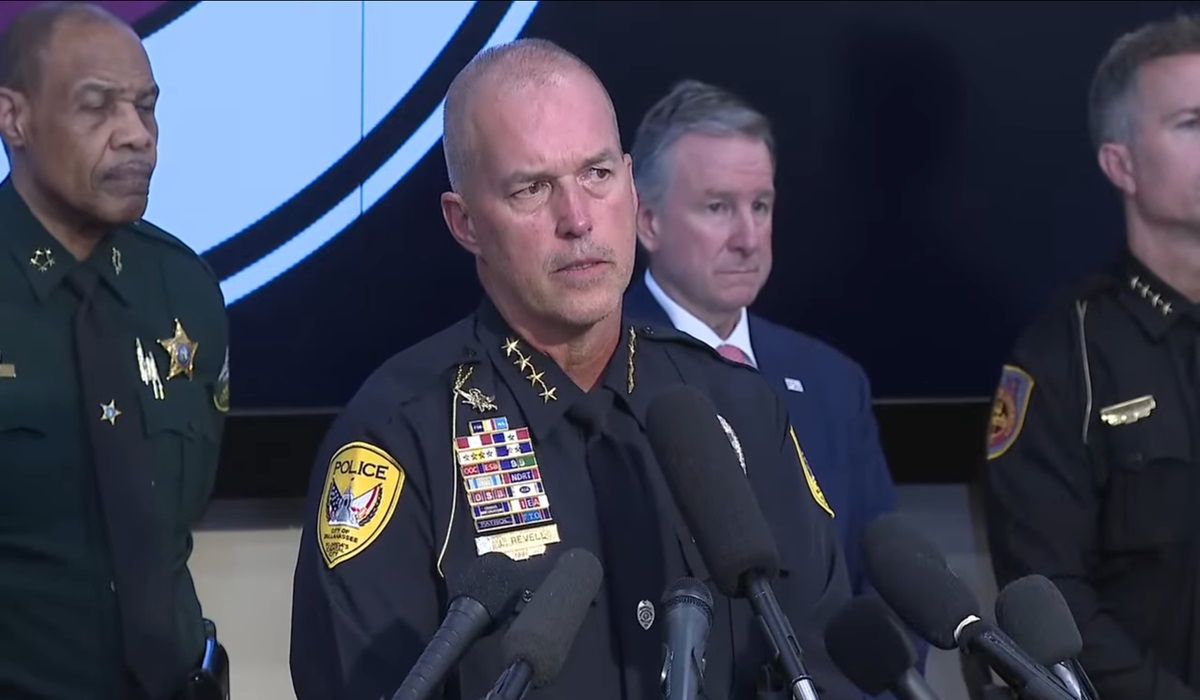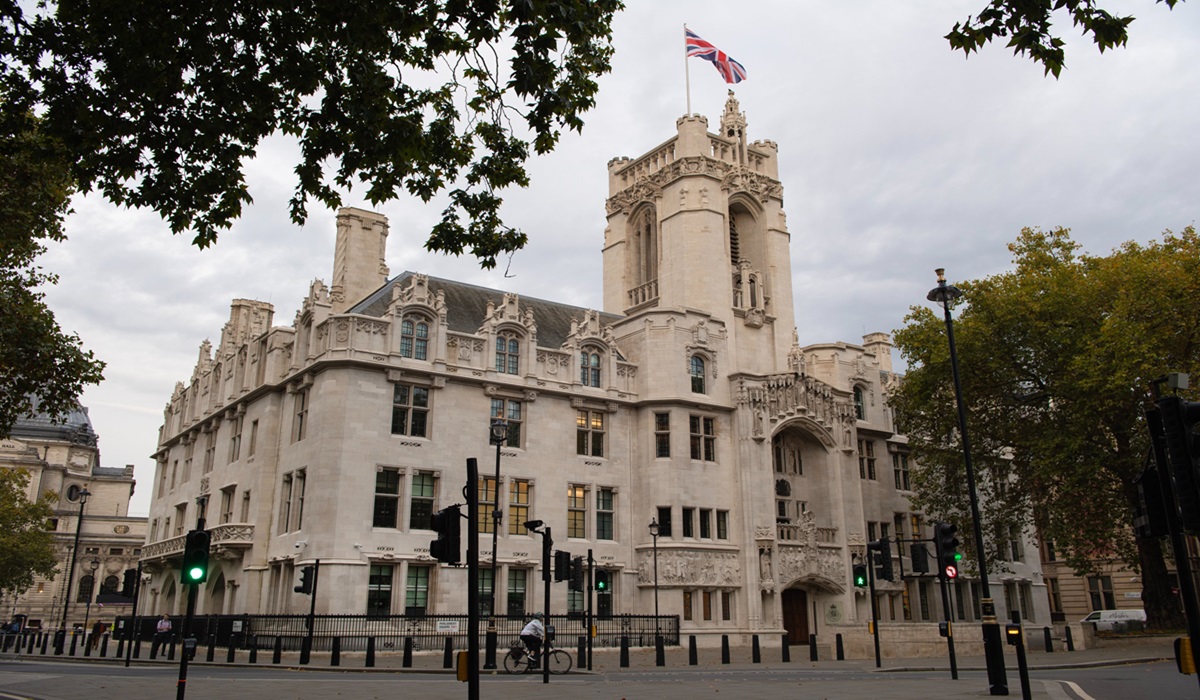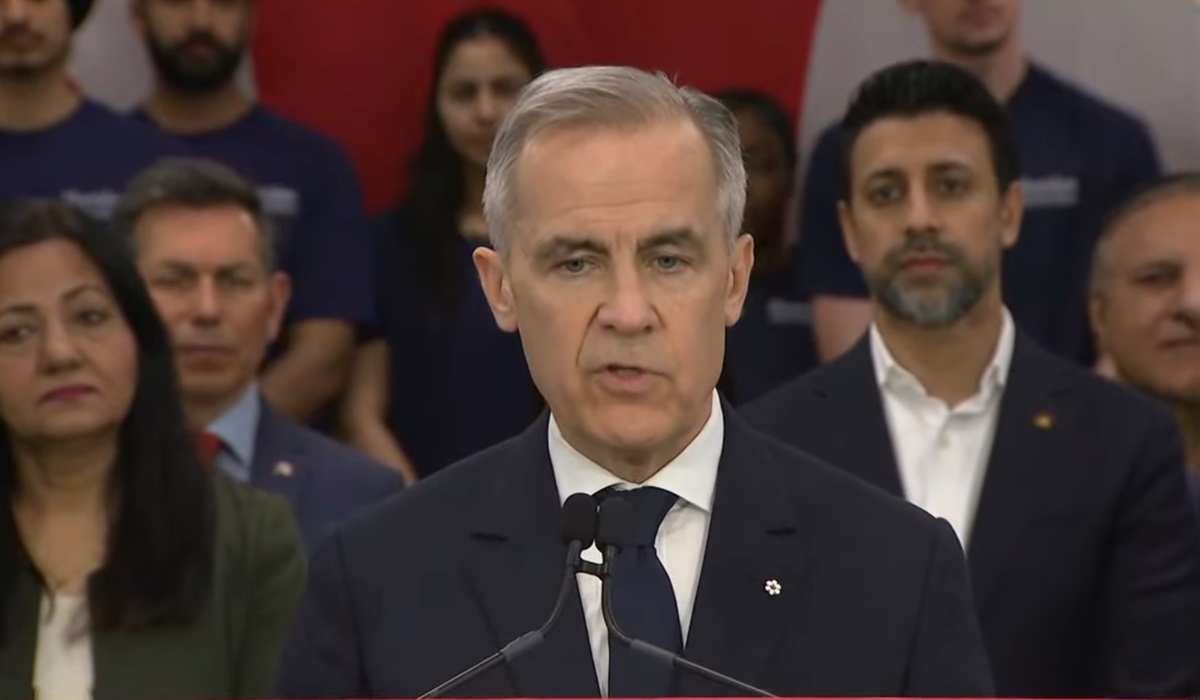Machine Learning Is The Future and Ms Alishba Imran Is Already There!
- TDS News
- Breaking News
- January 13, 2021

Alishba Imran, the Canadian who continues to be recognized globally for her work with AI and Robotics.
Alishba Imran is a 17-year-old machine learning and blockchain developer from Mississauga, Ontario. From a young age, she had a profound interest in technology and an unmatched passion with a sense of urgency to solve the complex problems with infrastructure, healthcare, energy and finance by utilizing emerging technologies with a prevailing focus in blockchain.
At 15, she co-founded Honestblocks, a blockchain platform used to track prescriptions and put an end to counterfeit medications in supply chain systems for 2 million people in rural India.
Counterfeit medicine is a $200 billion industry killing millions each year. Roughly, 10% of the world medicines are fake and, this rate is as high as 30%-40% in some areas of Asia, Latin America and Africa.
IBM later integrated Honestblocks into their blockchain that is being used in various supply chain applications worldwide. For her work, Ms Imran was recognized as an Innovator to Watch at the 2020 CES, one of the largest technology conferences.
Ms Imran has worked with various startup companies and many globally recognized organizations, but most recently the TD Bank. In her collaboration with the TD Bank, she helped develop a product that enhances the way over two million clients securely store data.
The future Nobel Laureate is currently working with the University of San Jose State and Hanson Robotics, to developing new materials that will be crucial to reducing the costs of prosthetics by almost 90%.
On average, prosthetics can start at $5,000 and climb as high $50,000 per item. Ms Imran remains optimistic they can bring the costs associated with manufacturing prosthetics down to a more affordable range of around $700.
Alongside improving prosthetics, Ms Imran is working on a product called Voltx, a machine learning software that will accelerate the testing of energy storage devices from 3 months to 3 days. The development of this new technology is a game-changer and why Elon Musks’ Tesla, Eaton, Tecate and several industry leaders are testing it to see its future application.
When Ms Imran is not building projects, she is an ambassador for females in Science, Technology, Engineering and Mathematics (STEM), and mentoring others. STEM is an educational curriculum used to improve competitiveness in science and technology development.
At the age of seventeen, Ms Imran has already given a TED talk and has spoken on other global stages like Mobile World Congress, with the hopes of inspiring others through her work.
“I was never exposed to any emerging technologies in my education. Our current system is not optimizing to create the future leaders of tomorrow.” Said Ms Imran
She also noted some changes in Canada’s education system are needed to provide more exposure to uncommon fields of study and help students to make those connections to real-life applications. “In Physic’s class, we briefly learn about Quantum Physics, but we never learn about the application of that to Quantum Computers and how they are transforming the way we compute daily.” Said Ms Imran
There are still too many schools across Canada from grade one through twelve that do not have access to adequate computer facilities or qualified teachers to teach courses such as coding and machine learning. If we want Canadian children to be on par with other countries introducing coding and blockchain learning early into the education system, our politicians must pass laws to update the Canadian education system.
Recently, Ms Imran had the chance to engage with her local MP Iqra Khalid and Navdeep Bains, the Minister of Innovation, both of whom she believes to be working towards rethinking how we can create the future leaders of today.
Ms Imran is optimistic that the political leaders at all three levels of government will to start thinking about the educational tools and resources needed to enable more young people to solve the complex problems in the world.








